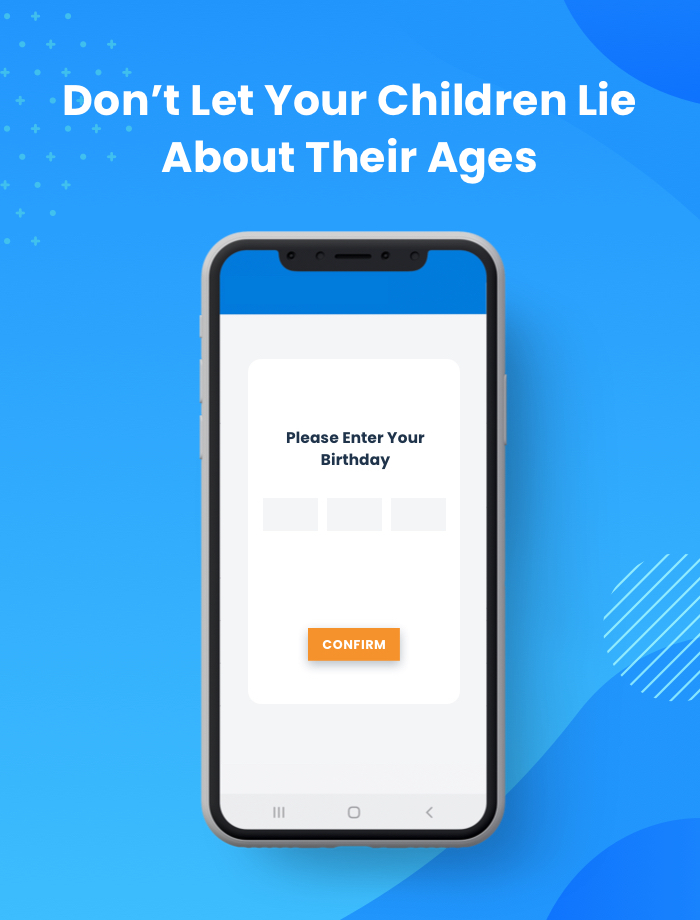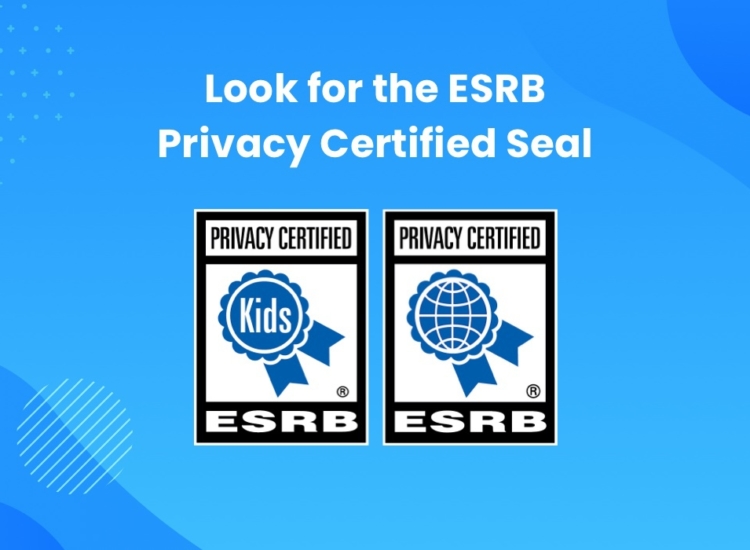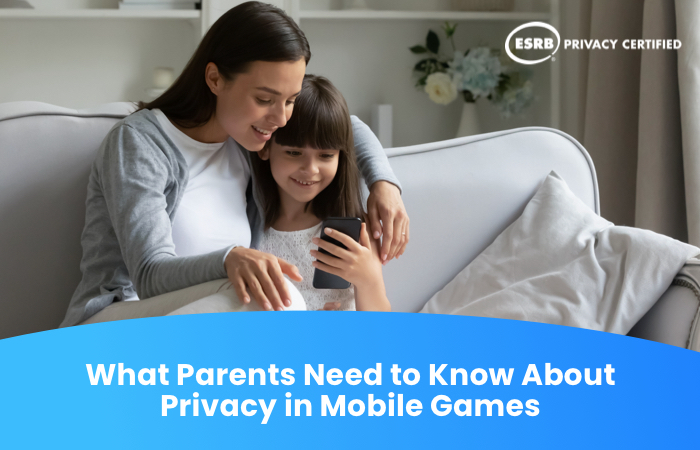What Parents Need to Know About Privacy in Mobile Games: Don’t Let Your Children Lie About Their Ages

We’ve pulled together five tips to help protect your children’s privacy and are rolling one out each day this week. Yesterday, we covered what the ESRB Privacy Certified seals mean and where you should look for them. Our fourth tip is to prevent your children from lying about their ages online.
It’s important that your child uses an accurate birthdate or age when signing up for a new game or mobile app. When companies know that children under the age of 13 are playing their games, they are required by law to follow the federal Children’s Online Privacy Protection Act (COPPA). COPPA and its associated Rule issued by the Federal Trade Commission (FTC) gives parents control over what information companies can collect from kids under 13 years of age through their websites, apps, and other online services, including mobile games. Under COPPA, companies with games, apps, and other services “directed to children” or who know that kids under 13 are using their game must:
- Notify you of how they use your kid’s information;
- Get your express consent (known as “verifiable parental consent”) before collecting, using, or disclosing your child’s personal information;
- Allow you to review and request deletion of your child’s information.
Under COPPA, a game company can’t condition participation in a game on a child disclosing more information than is necessary. They’re also prohibited from using information for commercial purposes such as targeted marketing and advertising that are unrelated to gameplay. This is part of why it’s so important to make sure you or your kid enters an accurate birthdate or age when signing up for a new game!
Make sure your children enter their ages accurately so they can benefit from legal protections tailored to protect kids’ personal information.
Beyond COPPA, recently enacted privacy laws in states like California, Colorado, Connecticut, Utah, and Virginia give kids and their parents additional privacy rights. Some extend certain privacy rights to teens. For example, several of these state laws prohibit companies from selling or sharing teenagers’ (typically ages 13-16) personal information without their consent or the consent of their parent or guardian. You can ask that a mobile game company not sell or share your child’s information by making a request using a form or email address available from the company’s app or website. Other laws, such as California’s recently-passed Age Appropriate Design Code Act, require companies to set privacy controls in games and other products to the most-protective level for all users under the age of 18.
Companies that don’t follow these rules can get in a lot of trouble. The FTC and state law enforcers have slammed mobile game companies that failed to comply with COPPA with large fines and other penalties. And more enforcement is likely on the way. Along with our other tips, making sure that your children enter their ages accurately will help ensure that they benefit from legal privacy protections tailored for kids and teens.
Remember to check back tomorrow for our next tip!
Click here to continue to the final tip: Communicate with Your Kids.
• • •
If you have more questions about kids’ privacy in mobile apps or you want to learn more about our program, please reach out to us through our contact page to learn more about our program. Be sure to follow us on LinkedIn for more privacy-related updates.
• • •



